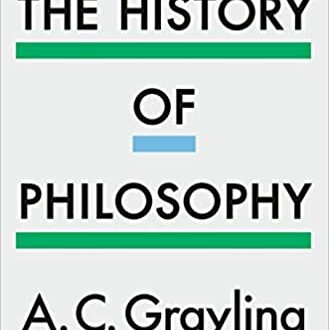A boomerang book is a book to which one often returns. I have several. Here are five:
Philosophy and Education by George R. Knight
“Why is a school set up like a playground?” “Why does my child have all these projects to do?” “Another field trip! What’s the point?” “Wow! are you sure we need all these books?” “Logic? is that really necessary?”
How we, or our children, are educated is very important. But few stop to think about what grounds our choices. We often revert to an appeal to our preferences or our comfort with a particular teacher. George Knight’s book shows how each educational method, teaching style, curriculum, and even the atmosphere of a school is rooted in philosophical views.
Knight’s masterful survey of philosophies of education combined with his careful reflections on Christians and education make this book a boomerang book.
A History of Western Philosophy by Anthony Kenny
I first read Kenny’s history of philosophy in its abbreviated and illustrated form. During my PhD mentorship, I read the full thousand page version. Kenny combines concise summaries of arguments with a demonstration of the progress of philosophical thought. He also does so without ignoring the contributions of Christian philosophers.
A Concise Introduction to Logic by Patrick Hurley
This is my newest boomerang addition. I have only been revisiting it for a few years. However, I have tried others and none competes. Hurley is clear, comprehensive, and provides a wealth of exercises. If I want to practice my chops, Hurley is my first port of call.
How do you know it’s true? by John Feinberg
Advertised as a work of apologetics, Feinberg’s book is much more. It is a good introduction to epistemology. I should say, it serves as a defense of a traditional evidentialist epistemology. In it, Feinberg details the rise of modern and postmodern epistemologies and demonstrates how Christians can adequately defend their faith from objections from both.
Feinberg is careful and accessible. He is also a fine exegete (both of philosophers and the Bible). I read him often to remind myself how to present arguments that adequately represent the views of other people. Feinberg also has the knack of getting the issue right. Half the task of philosophy is knowing what question one is trying to answer. Feinberg’s skill in doing so brings me back to his books often.
Worldly Saints by Leland Ryken
A book mainly about the views of the Puritans, Ryken’s book also serves as a guidebook for right living. It is one of the only practical books to which I return often.
Of course, the ultimate boomerang book is the Bible. Its riches can never be depleted.



